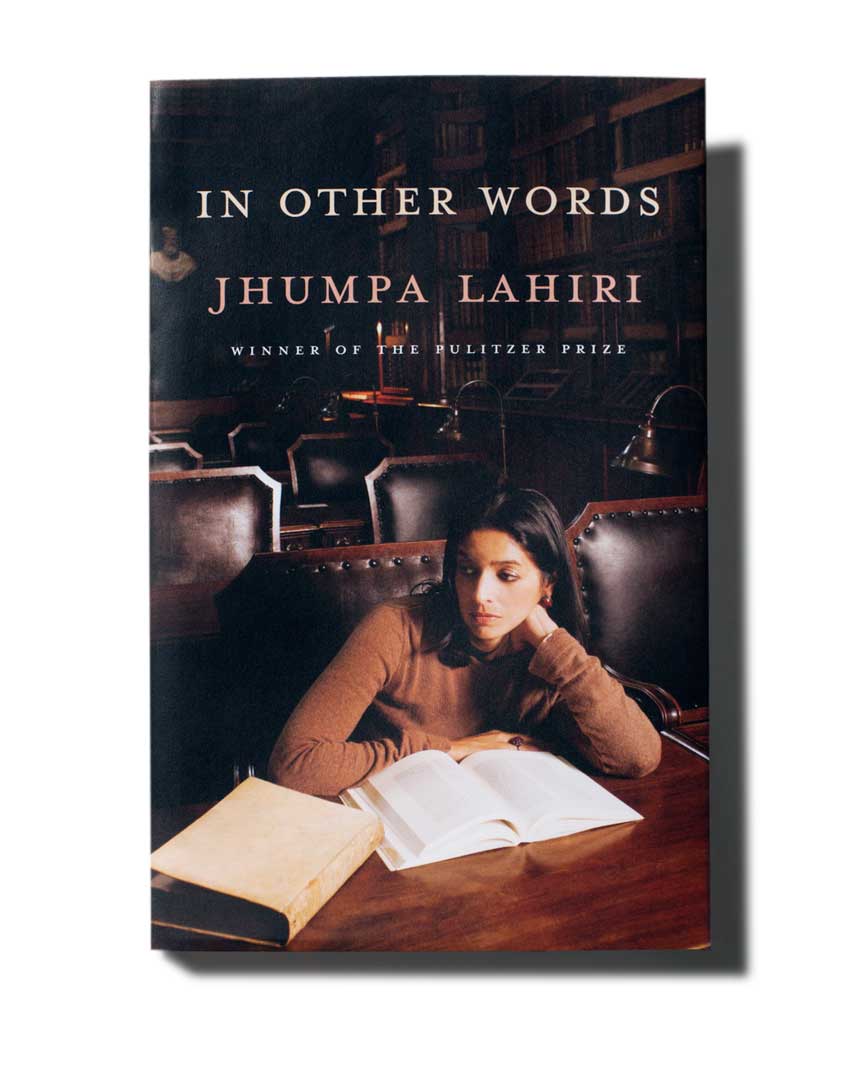
Jhumpa Lahiri is a master of language. Her first book, the short-story collection Interpreter of Maladies, won the Pulitzer Prize in 2000. Her most recent novel, 2013’s The Lowland, was a finalist for the Man Booker Prize and the National Book Award. Those books, like her others, were written in English. Now Lahiri has abandoned English for Italian. In Other Words is Lahiri’s tale of falling in love with the Romance language, from her first awestruck trip to Florence as a student to her decision to move her family to Rome for three years so she could immerse herself. It’s no Me Talk Pretty One Day; Lahiri’s account is all passion, no levity. She’s so committed to her new tongue, in fact, that she declined to translate it into English after she published the book in Italy last year.
That job has gone to Ann Goldstein, a fellow Italophile, whose translation credits include all seven Elena Ferrante novels, a new Primo Levi collection and an upcoming edition of The Street Kids by Pier Paolo Pasolini. A New Yorker editor by day, Goldstein gained a small following with the popularity of Ferrante’s Neapolitan tetralogy and is lauded as part of the reason the series has been so successful in the U.S.
Like Lahiri, Goldstein took up Italian later in life, starting her first class in her late 30s and eventually becoming expert enough to translate books. “I tend to be kind of literal about translation,” she told TIME in a 2015 interview. “I think it’s important to present the writer as closely as possible. I [also] think it should read like English, so it’s always a balancing act between the two things.”
Lahiri narrates her linguistic journey with a series of metaphors: English is “a boyfriend I’d tired of, someone I’d left years earlier. He no longer appeals to me,” while her new vocabulary, a mishmash of vernacular and formal discourse, makes her feel “as if I were dressed in an outlandish manner, wearing a long, elegant skirt of another era, a T-shirt, a straw hat, and slippers.” A reader might imagine a translator’s feeling the same anxiety about creating a text that’s a mishmash of two linguistic styles, but in Goldstein’s capable hands, the combination evokes simple sophistication.
A touchstone metaphor for Lahiri is language as infant: “I want to protect my Italian, which I hold in my arms like a newborn. I want to coddle it. It has to sleep, eat, grow. Compared with Italian, my English is like a hairy, smelly teenager. Go away, I want to say to it. Don’t bother your little brother, he’s sleeping. He’s not a creature who can run around and play. He’s not a carefree, strong, independent kid like you.” Under Lahiri and Goldstein’s joint custody, all this caretaking leads to a quiet coming of age–both a liberation from the constraints of perfectionism and a meditation on new beginnings.
More Must-Reads from TIME
- Cybersecurity Experts Are Sounding the Alarm on DOGE
- Meet the 2025 Women of the Year
- The Harsh Truth About Disability Inclusion
- Why Do More Young Adults Have Cancer?
- Colman Domingo Leads With Radical Love
- How to Get Better at Doing Things Alone
- Michelle Zauner Stares Down the Darkness
Contact us at letters@time.com